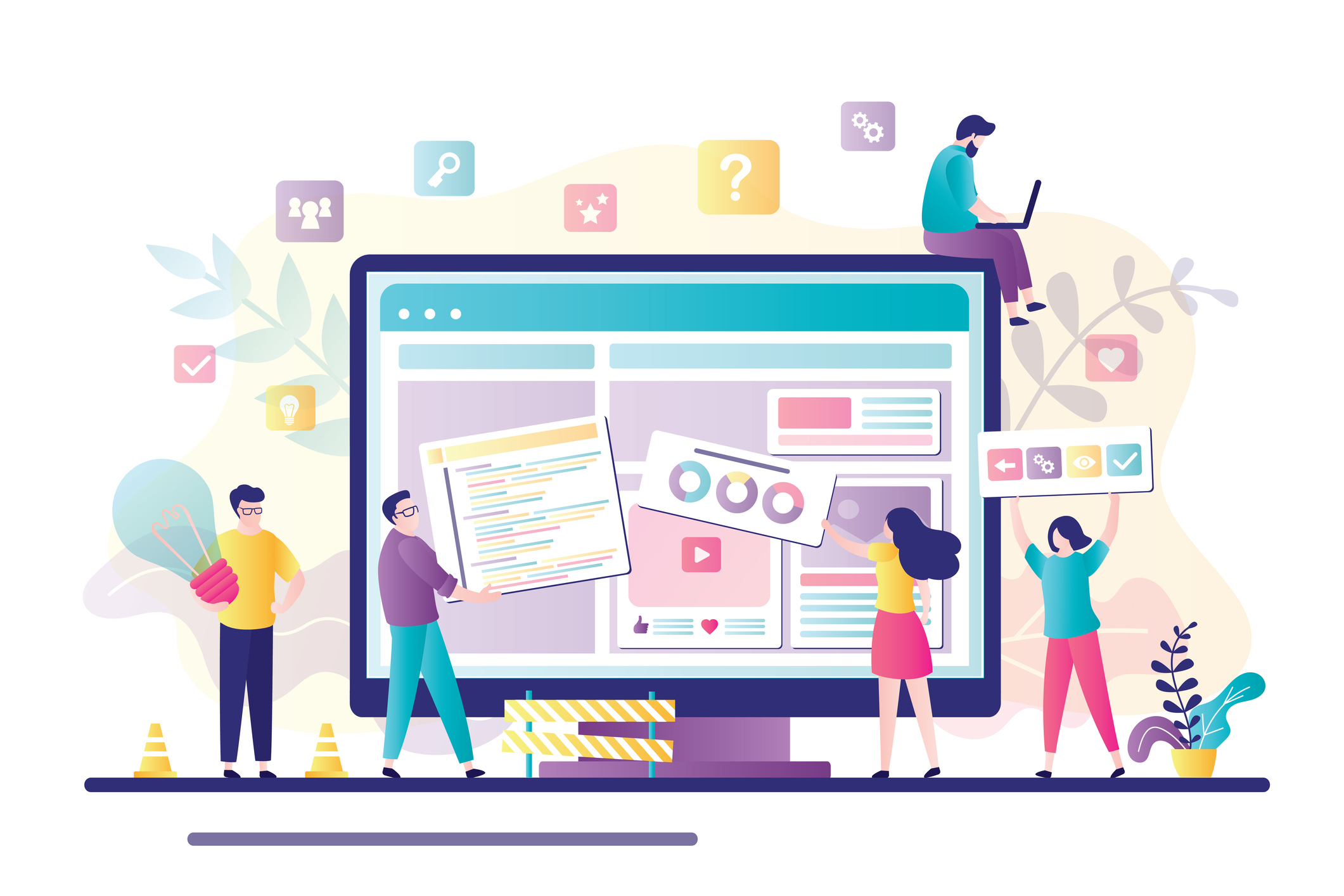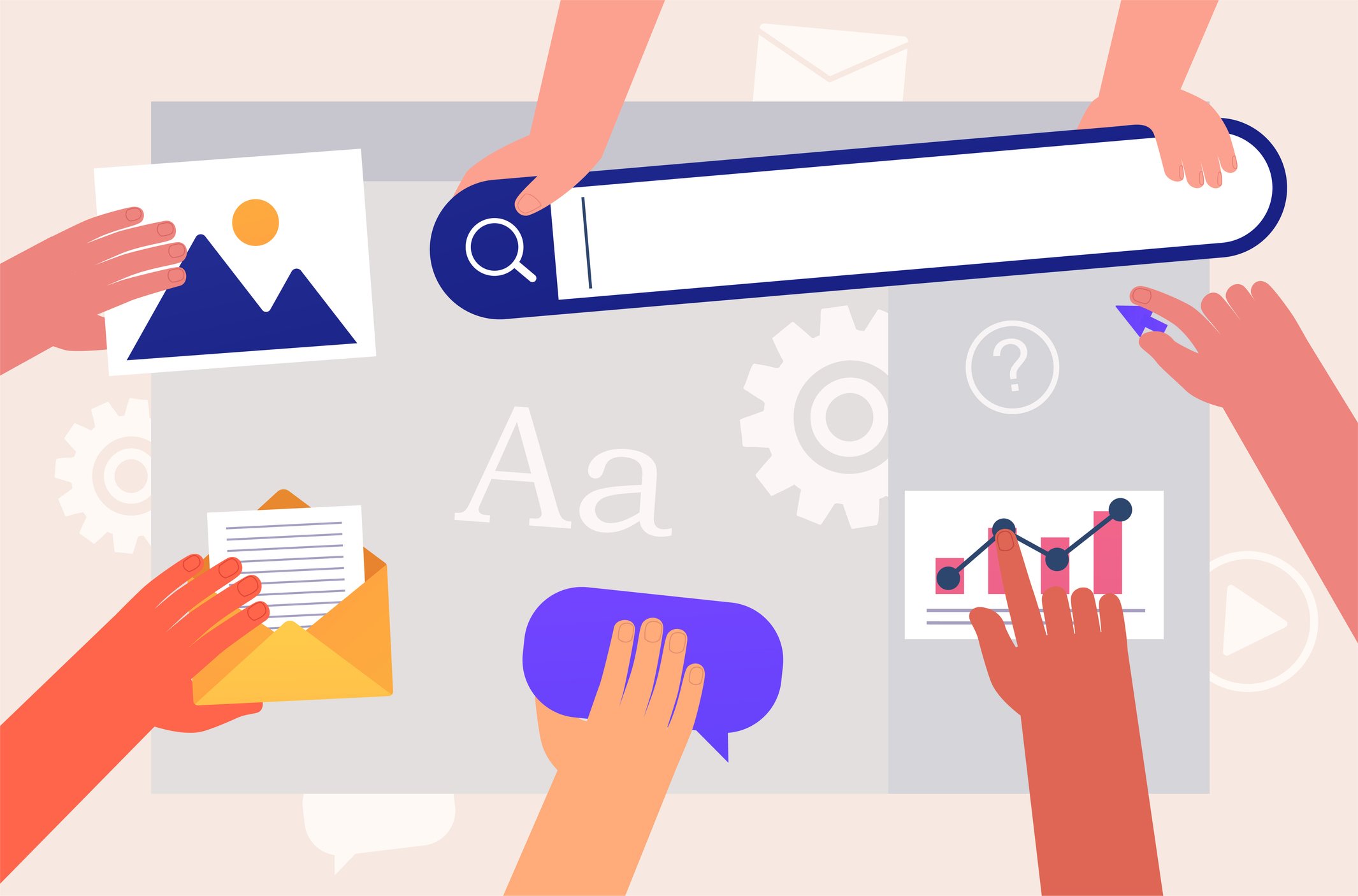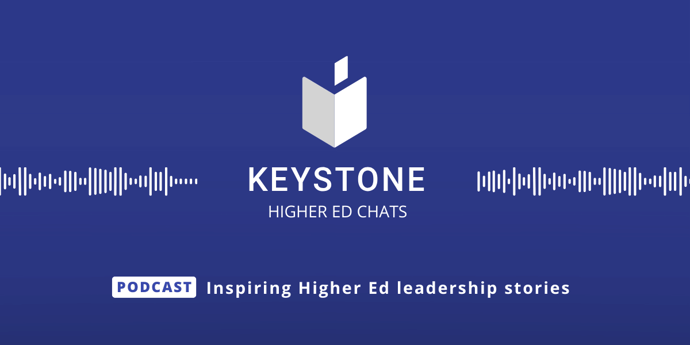- SERVICES
- HIGHER EDUCATION MARKETING
- ENGAGEMENT & ENROLLMENT MANAGEMENT
- STUDENT RECRUITMENT AGENCIES
- PROFESSIONAL EDUCATION & TRAINING
- WHO WE ARE
WHO WE ARE
Learn more about Keystone Education Group, including our leadership structure, why choose Keystone as your educational partner, and company press releases.
QUICK LINKS
- RESOURCES
RESOURCES
Find a range of helpful resources to help with your educational marketing. From on-demand webinars, reports & data, to customer testimonials and our downloadable media kit.
QUICK LINKS
- NEWS
- REQUEST A CALL

- Keystone Higher Education News
- Tips for Optimizing Your Higher Ed Landing Pages
If your ads start to get clicks, but your visitors aren’t staying on your pages then it’s time to optimize your landing pages.
To increase conversions and the number of applications for your study programs, you need to dedicate some time and resources to ensuring students want to find out more on your site.
Higher Ed Landing Page - the Basics
When someone reaches your website through a search engine, they are directed to a landing page that has a goal to drive conversions i.e., to engage people and turn them into consumers. Higher ed landing pages usually include information about the colleges and programs. This information is curated to lead the visitor to a call-to-action, for example, to get in touch with student services or apply for a program.
The landing pages with the highest conversions are the ones that have been tested. There is no shortcut to testing, you just need to try different layouts, what text to include, and find out how it converts.
However, there are tried and tested strategies that can increase audience engagement.
Before optimizing your landing page, you need to think about what you are trying to achieve.
- Capture attention: The landing page should encourage the visitor to explore the website further and take the desired call to action.
- Less is more: It should be simple, concise, and informative.
- Relevant information: Research what prospective students want to know and showcase that information. Our 2022 State of Student Recruitment report surveyed over 20,000 students, who voted for what information they wanted to know from institutions. Research, then tailor information accordingly.
- Call-to-action: No one will continue through your website unless you provide the next step. Have a clear call-to-action to simplify the application process.

Video Testimonials Build Trust
Whether a prospective student will engage with your institution hinges upon the credibility of the landing page. The best way to build trust is to provide testimonials.
Prospective students trust current students' or alumni's personal experiences more than higher ed institution blog posts. Showcase testimonials from lecturers on how the university is dedicated to the program and the potential skills learned or career prospects.
A good mix of video testimonials and written testimonials will give a flavor to students on what it’s like to study with you.
This step will particularly help international prospective students who cannot physically visit the campus or meet people on the programs.
Here is an example of one of our video testimonials:
Podcasts
We are consuming more and more technology on the go. A podcast giving insight into your university or answering questions about programs or studying abroad can build a relationship with students and answer questions.
Prospective students can learn about your university's history and future events by listening to your employees and students. Students can share their experiences, and professors can explain the aims of a course or a study program. This creates a relationship between a current or prospective student with your institution.
A landing page can’t directly host a podcast, but you can direct the visitor to the channel you’re hosting it on.
(While we are on the subject of podcasts, make sure you check out our podcast, Higher Ed Chats).

Giveaways Encourage Customer Loyalty
Universities and colleges underestimate the power of giveaways to drive conversions. Giveaways attract students to visit your website more frequently and sign up for future updates. Examples are membership discounts at your sports facility or free intro classes for yoga, aerobics, etc. Your giveaways should be in demand, so make sure to offer relevant items.
A landing page with a giveaway will increase the conversion rate, and social media giveaway posts can easily go viral. So make sure to research well how to utilize social media for higher ed posts.
Opt for an Interactive Landing Page
Static pages are most common among universities but perhaps consider an interactive landing page. An interactive landing page provides an experience for the visitor, thus making them engage with your page and stay on it longer.
The most common are interactive landing pages which guide visitors to certain products or information. However, they can also feature your campus and provide an insight into campus life. Create an interactive campus tour landing page that will attract prospective students to start a journey through your website..
Optimizing a landing page improves a recruitment strategy, as well as brand awareness and trustworthiness.
More about:
Related Tags
Just For You
Top Picks
Higher Ed Chats Podcast
Listen to the latest episodes of our Higher Ed Chats Podcast. Hear from Higher Ed thought-leaders from around the world!
The Keystone Awards 2026:
Nominate your institution or a student

Recognize your your university, team, colleagues and students for a Keystone Award!
Subscribe
to get the latest news and updates


